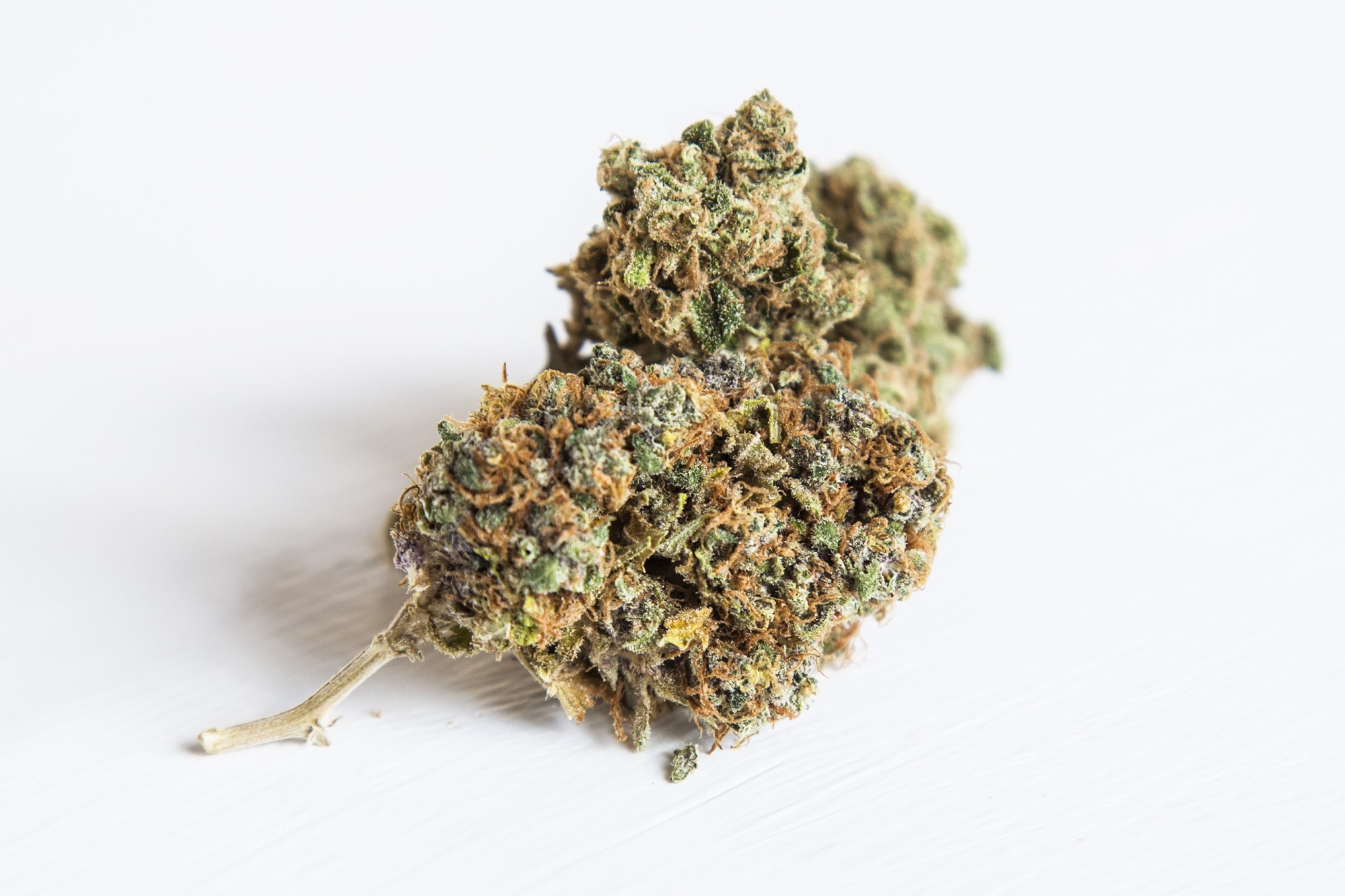Did you know that about 21 million Americans have suffered from at least one addiction, but only around 10% of them receive treatment? Addiction is difficult to overcome, but recovery is possible; all you have to do is believe. However, what steps should a person take to become sober?
With this guide, you can find out! From the first steps to treatment options, sobriety is just around the corner.
Now, are you ready to get started? Here’s an in-depth look on getting sober:
Decide to Be Sober
The first step in any recovery process is acknowledging and admitting that there is a problem with drug abuse or alcohol consumption. This can be a difficult process, as denial is often a repeated response to concerns that an individual has lost control of their drinking or drug use.
A good way to know if someone has a serious substance problem is by these four factors:
- Not able to control the length, amount, or the number of uses.
- Substance use restrains relationships, responsibilities, and activities.
- Substance use is continued even after health problems, and other repercussions arise.
- If substance use is averted, cravings persist, and withdrawal symptoms increase.
These factors suggest that substance abuse is a problem. If a person can admit that to themselves, then they can move on with the rest of the steps to get sober.
Reach Out
Next, it’s essential for an individual to reach out for help and support. No journey must be taken alone; instead, becoming sober and, more importantly, staying sober requires a strong support system.
Individuals can reach out to family and friends. However, you must carefully select the individual you confide in. You want to choose a trusted member who will support your decision to become sober.
Oftentimes, individuals who struggle with substance abuse connect with friends or family that encourage their drinking or drug use. If you don’t have a trusted friend or family member who can help you through the difficult process of sobriety, you can always turn to an addiction treatment center.
Addiction treatment centers have specialized professionals who are able to find the best treatment for a person’s specific needs. Due to their specialized practices, people are more likely to get sober and even stay sober for a longer period of time.
Find the Best Treatment Plan For You
Not every treatment plan works for everyone. When selecting a treatment plan, it’s imperative to choose a plan that will guide a person through the steps of sobriety.
For instance, consider the level of addiction. If an individual has been diagnosed with a light form of substance abuse, they might succeed in outpatient treatment rather than hospitalization. However, if an individual has been diagnosed with extreme substance abuse problems, medical intervention would be perhaps a better option than outpatient treatment.
Also, elevate the individual’s willingness to change. If individuals want to become sober, they are more likely to adapt and focus on their treatment objectives than individuals who just want to leave.
Getting Through the Symptoms of Withdrawl
One of the most difficult parts of rehab is dealing with the symptoms of withdrawal. Oftentimes, they can be uncomfortable and leave an individual with cravings for drugs or alcohol. Although, knowing what’s to come can make the procedure easier.
Thus, detox happens when the body is removing a psychoactive substance. Since the body has been taught to be dependent on that substance, it’s absence usually affects the body in a negative way.
Most people experience confusion, tremors, fatigue, and heavy sweating. At this point, relapse can easily occur, as an individual struggles with the pain of detoxing.
However, these side effects can be minimized with medication. That way, patients avoid serious symptoms that can be possibly life-threatening.
After a while, the body begins to function properly, and the withdrawal symptoms begin to stop. In turn, a person begins to feel better and can start to do normal tasks.
Select the Best Therapy Method
Becoming sober is far from the end of the process. Rather, the next step forward is to take part in and devote some time to complete the desired treatment. That can be multiple therapies or selected treatments to help an individual progress. For example,
- Interpersonal Treatment: This treatment is for those that don’t have a good support system; they can learn how to create friendships and provide support to one another.
- Motivational Treatment: This treatment works by providing engaging ways to keep a person dedicated to staying sober.
- Family Treatment: This treatment is for people who experience family problems that add to further substance abuse.
- Cognitive-Behavioral Treatment: This treatment can help individuals acknowledge their triggers and either find a way to avoid them or figure out a different response.
Just remember that a person will face many problems in recovery that will leave an individual wanting to relapse. It’s important, to be honest, and seek guidance from treatment professionals when needed.
Getting Sober: A Lifetime of Treatment
Sobriety is no easy task. Often, it takes a strong support system and even a personalized treatment plan to maintain sobriety.
However, the first step simply involves acknowledges that substance abuse is a problem. Once a person wants to change, treatment will become a little easier. Although, remember that problems will likely occur during a person’s journey with sobriety.
If you feel like you want to use talk to a trusted friend or family member or seek help from a treatment professional. For more information about getting sober, visit our website today. We look forward to answering any questions you may have.

